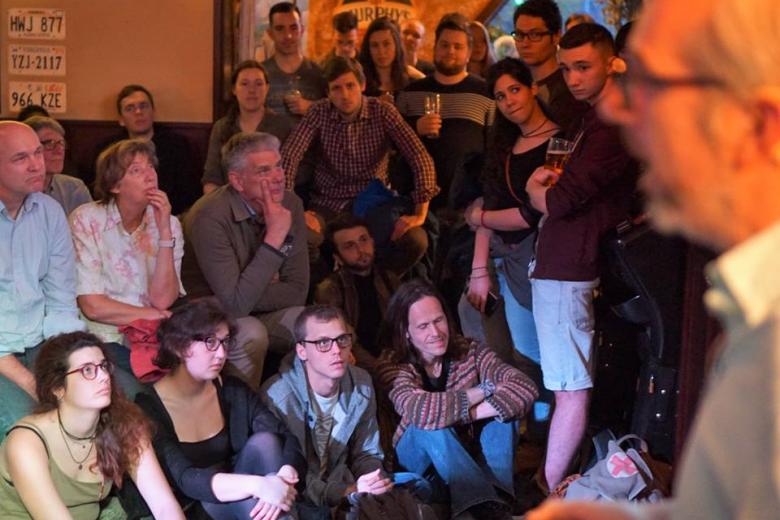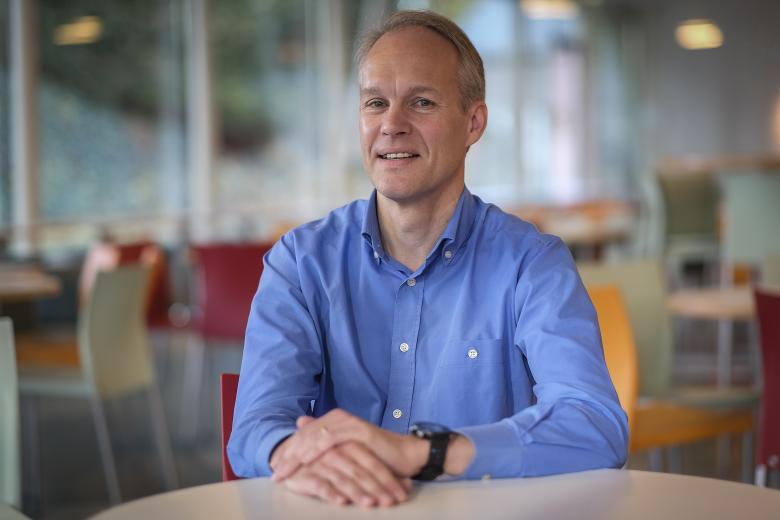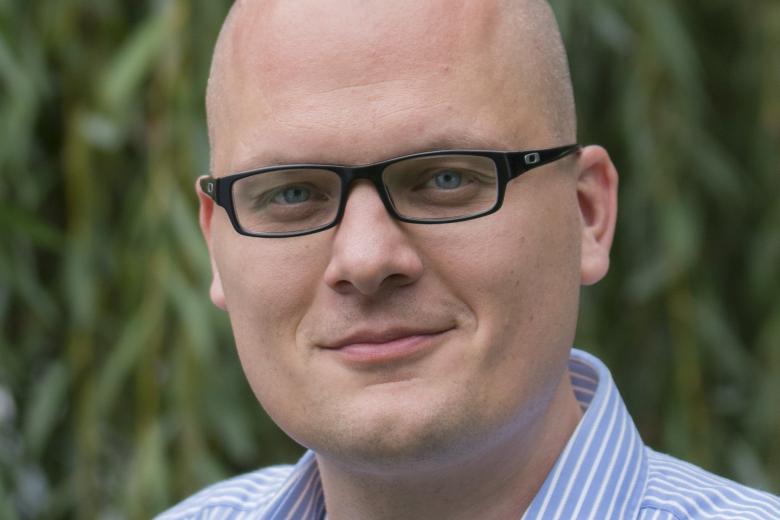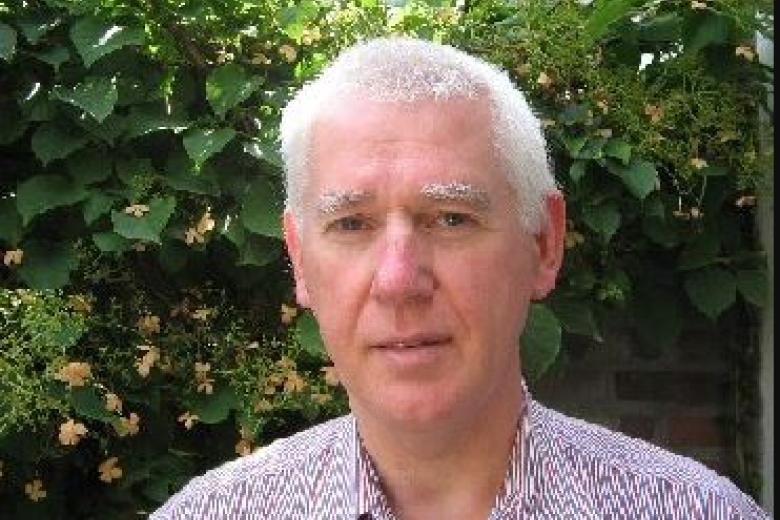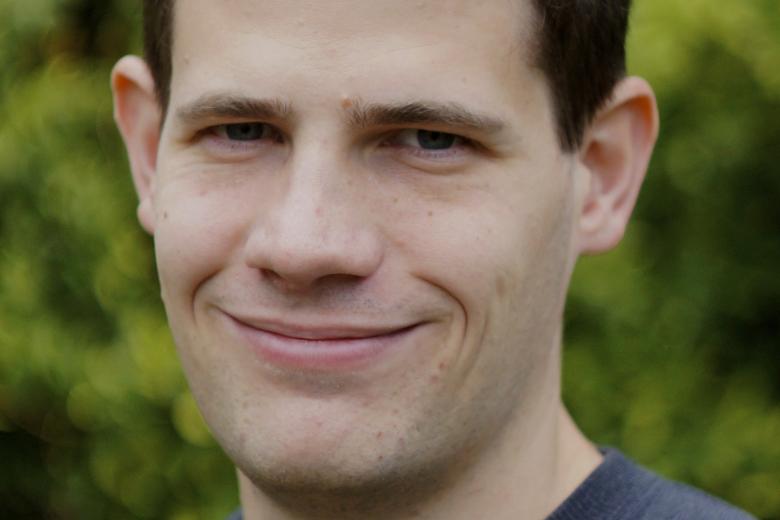Conflict and Cooperation
Common sense suggests that cooperation is good and conflict, by and large, is bad. To economists, however, the benefits of conflict are clear at different levels: not only at the macro level, in the fruitful effects of free-market competition, but also at the level of individuals and firms. Conversely, cooperation can have negative effects, as when collusion occurs in a marketplace.
Conflict and cooperation manifest themselves in countless ways: in the workplace, we cooperate in project teams but compete for promotion; firms compete, but aim to avoid competitive pressure through product differentiation and collusion; countries compete to attract business by lowering taxes but collaborate via trade agreements. Issues such as these are key to the work of scholars in the Conflict and Cooperation theme, whose research ranges across fields including emerging markets, bargaining, leadership, information sharing, social choice theory, competition policy and oligopoly theory.
The Conflict and Cooperation team uses methods ranging from multilevel analysis and growth modelling to field experiments and game theory. Subjects are studied not only in static contexts but dynamic ones, for example analysing how people learn to cooperate in organisations and how conflicts evolve over time. Its members are drawn from across the faculty, including the departments of economics, quantitative economics, and organisation and strategy, along with UNU-Merit academics. The faculty’s strengths in both fundamental and applied game theory are key to the team’s work, with significant potential for exploring game-theoretical applications in business research. In recent years, SBE has organised two world-leading conferences in this area, GAMES 2016 and EARIE 2017.
Visit another one of our research themes:
- Creativity, Innovation and Entrepreneurship
- Culture, Ethics and Leadership
- Data-Driven Decision-Making
- Human Decisions and Policy Design
- Learning and Work
- Sustainable Development
The challenge is to spot the conditions under which conflict and cooperation lead to beneficial results: not just for the parties involved, but for society as a whole
Iwan Bos, member of the Conflict and Cooperation research theme



